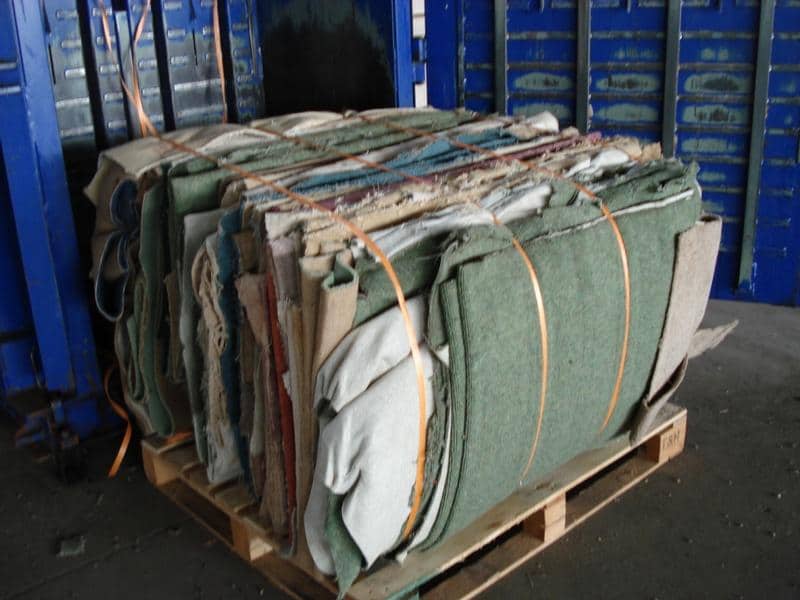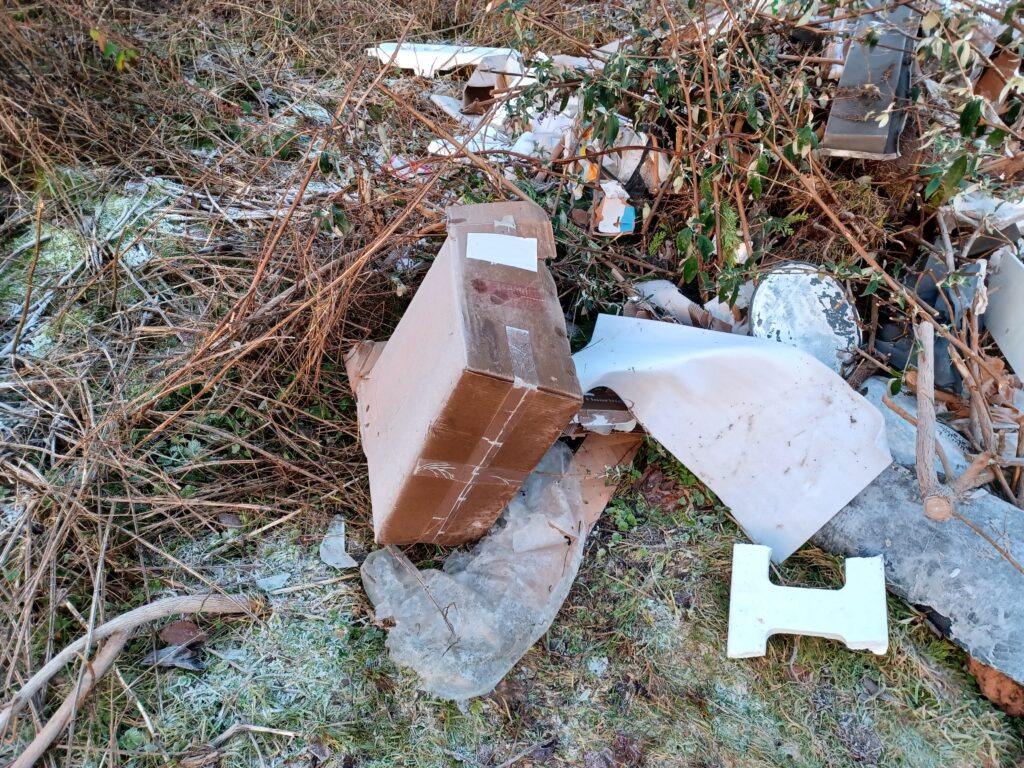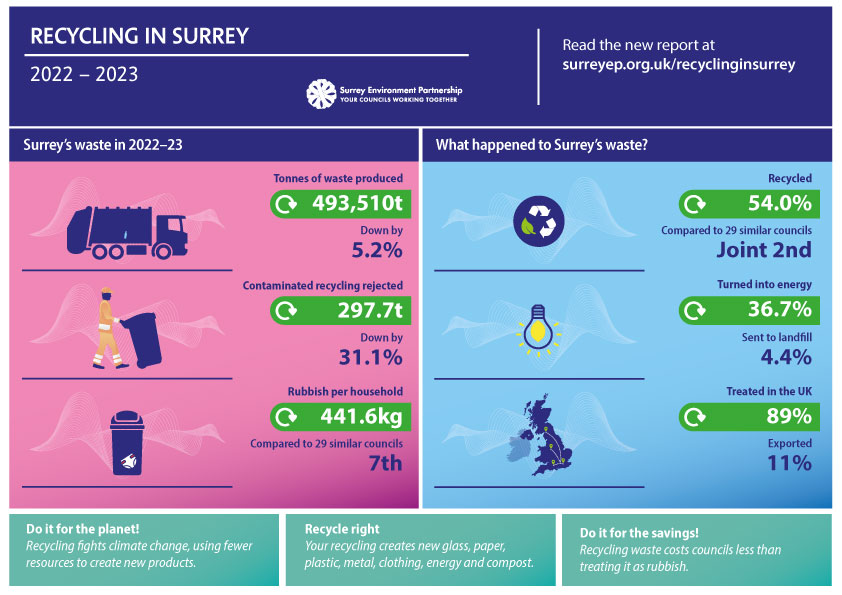Acknowledging that carpet recycling efforts elsewhere were “much further down the road” than the UK's, he said the domestic carpet industry should echo American initiatives such as the Carpet America Recovery Effort (CARE) to help find new technologies and end uses for recovered carpet.
“In the US, there has been great success in finding alternative uses for carpet materials from carpet underlays and felts to closed loop recovery of nylon 6 (polycaprolactam),” he explained.
Carpet Recycling UK was established in April 2008 to represent UK carpet manufacturers, retailers and recyclers, and Mr Bird said there had been “extensive development work” done by Carpet Recycling UK in the domestic market but there was definite room for improvement. He said: “Our industry has a recycling rate of less than 2%, [which is] very low when compared to other materials.”
Domestic
In addition, Mr Bird said that the “nascent” UK carpet recycling sector would also need to address a number of areas specific to the domestic market if it was going to increase recycling performance.
He said: “Our developments in the UK focus on the different and unique carpet types we have. For example wool carpets are still loved by consumers and bitumen backed tiles are the norm for commercial premises. Neither of these streams are present in US or continental Europe.”
Outlining developments in the domestic market, Mr Bird pointed to work done by Solihull-based Shredding Services, which has introduced size reduction technology to produce fibre mixtures from residential carpet, and Salford-based Axion Recycling tackling vinyl flooring through the UK-wide Vinyl Floor Recycling Scheme (see letsrecycle.com story).
Uses
Carpet Recycling UK has also looked at the current outlets available for recovered carpet; such as equestrian surface mixes to improve all-weather uses, in weed suppressant mats and in recovery of polypropylene for reuse in the plastics sector.
In addition, there is the potential for carpet waste to be used in other applications, such as short and unprocessable fibres which are used in soft furniture fillings, pillows and mattresses, as well as being ground-down to make thermal and sound insulation materials.
The material can be chemically or mechanically treated and carpet waste such as nylon can be separated to create a low grade engineering resin or depolymerised to its parent monomer and then repolymerised to be reused in other materials in the manufacturing cycle.
One area the sector – and the American industry, as well – have seen as a potential outlet for waste carpet material is energy recovery. Carpet Recycling UK has claimed that the high calorific value of carpet components, such as polypropylene and polyethylene, could match those of diesel and naphtha and provide “an alternative to landfill in the coming years”.
However, Mr Bird revealed that he had reservations about following the energy recovery route. He said: “Whilst energy recovery has to be part of the landfill alternative mix it is one-off gain and ultimately may not provide best value for recovery of higher value materials such as nylon.”
Membership
Over the last 18 months, membership of Carpet Recycling UK has grown from 12 founder members to 32, but the organisation claimed that its membership base still needed to be strengthened.
Mr Bird said: “Our membership base requires significant expansion for a sustainable future and we ask those manufacturers and other carpet value chain participants who have not yet become members to please consider this again. In addition, growing resources outside the membership base is vitally important.”












Subscribe for free